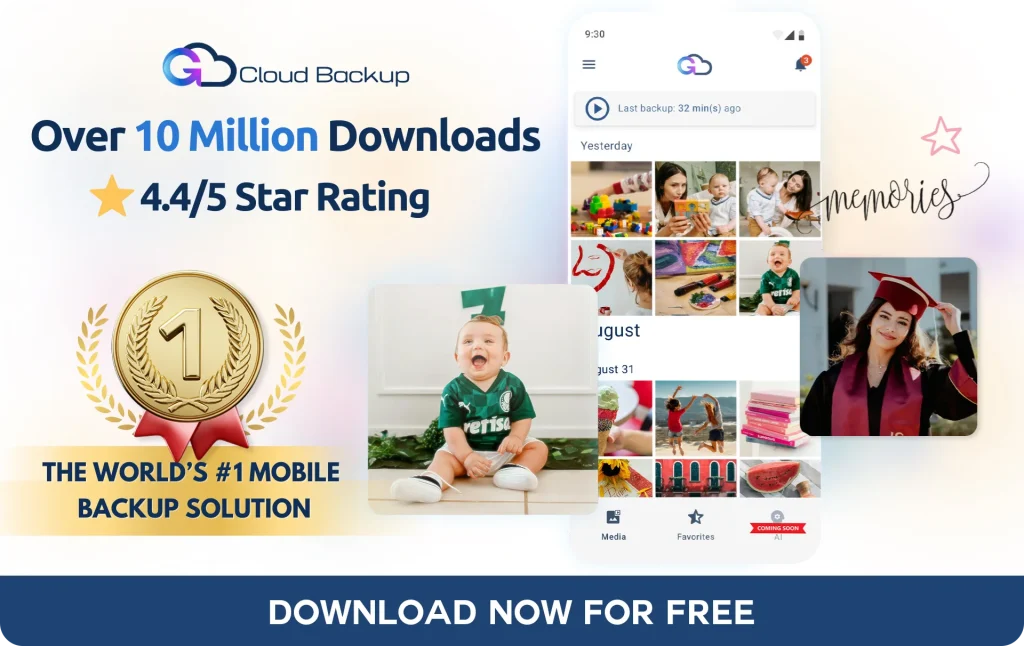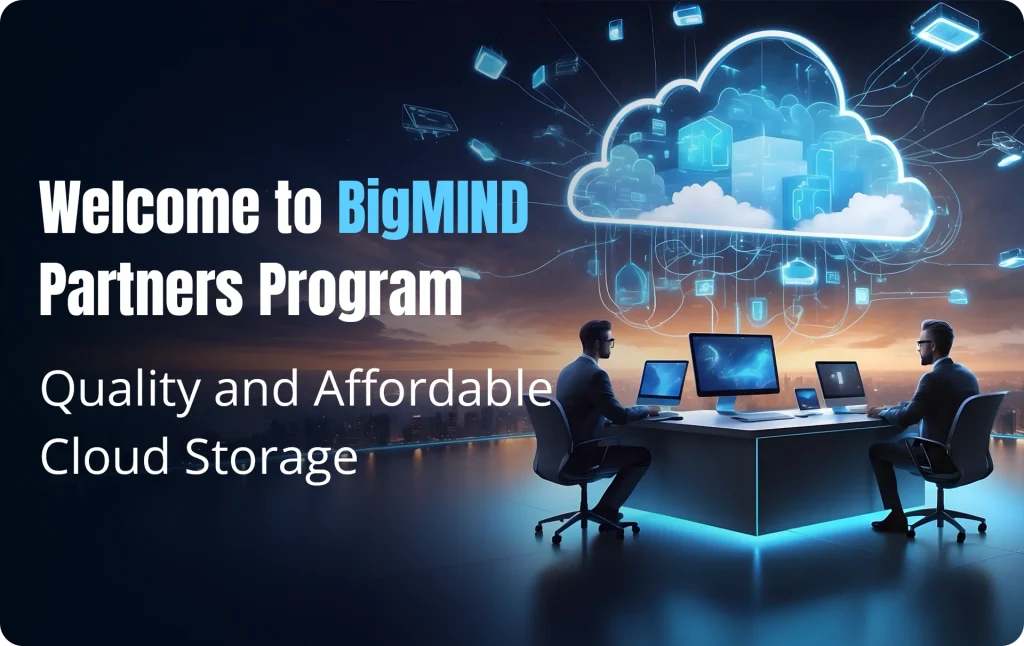Mastering the Interview: Key Strategies to Ace Your Next Job Opportunity

Landing an interview is often the hardest part of job searching, but once you’ve secured a seat at the table, it’s all about proving why you’re the best fit for the role. Interviews can be daunting, but with the right strategies, you can walk in with confidence and ace it. Whether you’re preparing for your dream job or simply looking to sharpen your skills, here are some key strategies to help you master your next job interview.
♦ Research the Company Inside Out
Before walking into any interview, it’s essential to know the company you’re interviewing with. Understanding the company’s mission, culture, and recent developments will not only show that you’re prepared but also that you’re genuinely interested in the role.
Start by checking out the company’s website, blog, and social media channels. Take note of their key products or services, their leadership team, and any recent news. Go beyond the basics and delve into their values—what do they stand for, and how does that align with your own professional goals?
♦ Understand the Role and Tailor Your Experience
Once you’ve researched the company, the next step is to fully understand the job description. Read it thoroughly, identifying the key skills and qualifications required. Then, tailor your resume and interview responses to highlight how your experience aligns with those needs.
Prepare specific examples from your past roles that demonstrate your ability to excel in the position. Whether it’s a time you led a successful project or solved a difficult problem, these concrete examples will give your responses weight and authenticity.
♦ Practice the STAR Method
A common way interviewers assess your problem-solving abilities is through behavioral questions like “Tell me about a time when…”. The STAR method (Situation, Task, Action, Result) is a great framework for answering these questions.
- Situation: Describe the context within which you performed a task.
- Task: Explain the actual challenge or task you had to complete.
- Action: Elaborate on what you specifically did to address the challenge.
- Result: Share the outcome, ideally with measurable achievements.
Practicing this technique will help you give structured, concise, and impactful answers during the interview.
♦ Showcase Soft Skills
While technical skills are crucial, don’t underestimate the power of soft skills. Communication, leadership, teamwork, and adaptability are qualities that can set you apart from other candidates.
Think of examples that demonstrate your emotional intelligence, ability to collaborate with teams, or how you’ve led or mentored others. Employers value candidates who can work well with others and adapt to changing environments.
♦ Leverage GCloud Backup as a Mobile Backup Tool
In today’s digital-first world, having immediate access to important documents can be a game-changer during an interview. Both candidates and interviewers can benefit from using cloud-based mobile applications like GCloud Backup to back up essential files.
- For candidates: GCloud Backup allows you to store your resume, cover letter, portfolio, or any other documents in one place. You can easily access or share these files with the interviewer, even during the meeting. If something unexpected happens, like a technical issue, having a reliable backup gives you peace of mind.
- For interviewers: Interviewers can also use GCloud Backup to store candidate profiles, interview questions, and important notes, ensuring everything is accessible on the go. It simplifies organization and provides instant access to the necessary materials throughout the interview process.
With GCloud Backup mobile app, both parties can seamlessly sync, update, and share documents, ensuring a smooth, well-prepared interview experience.
♦ Prepare Thoughtful Questions
An interview isn’t just a time for the employer to assess you—it’s also your chance to assess the company. Prepare a list of thoughtful questions to ask the interviewer. This not only shows that you’re serious about the role but also helps you determine if the company is the right fit for you.
Some good questions to ask include:
- What are the biggest challenges the company is facing right now?
- How does the team work together to achieve goals?
- What does success look like in this role?
Avoid asking questions that can easily be answered by a quick glance at the company’s website. Aim for deeper insights that show your genuine curiosity and engagement.
♦ Dress the Part
It may seem old-fashioned, but first impressions still matter. Your attire should align with the company culture. If you’re interviewing at a corporate firm, business formal is usually the way to go. For more casual workplaces, business casual might be appropriate. When in doubt, it’s always better to err on the side of formality.
♦ Mind Your Body Language
Non-verbal communication can be just as important as what you say. Pay attention to your body language throughout the interview. Smile, maintain eye contact, and offer a firm handshake (or the virtual equivalent in online interviews). Sit up straight and avoid crossing your arms, as these can be perceived as defensive or uninterested.
Positive body language exudes confidence and shows that you’re fully engaged in the conversation.
♦ Follow Up with a Thank You
After the interview, always follow up with a thank-you email. This simple gesture shows professionalism and appreciation for the interviewer’s time. It’s also a great opportunity to briefly reiterate your enthusiasm for the role and remind them of your key qualifications.
Conclusion
Mastering the interview process is about preparation, confidence, and showing how you can bring value to the company. With the right research, thoughtful responses, and clear examples, you’ll be well on your way to acing your next job interview. With tools like GCloud Backup on hand to back up your critical documents, both you and the interviewer can focus on what truly matters—making a great connection and finding the right fit for the role.

